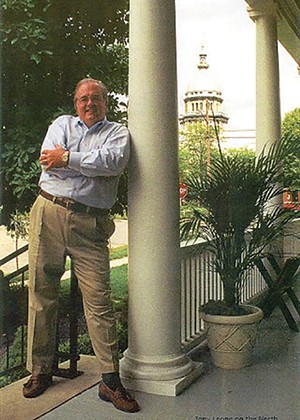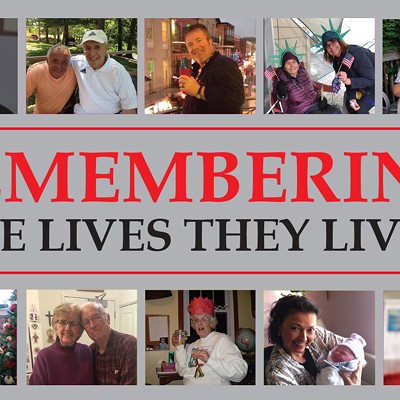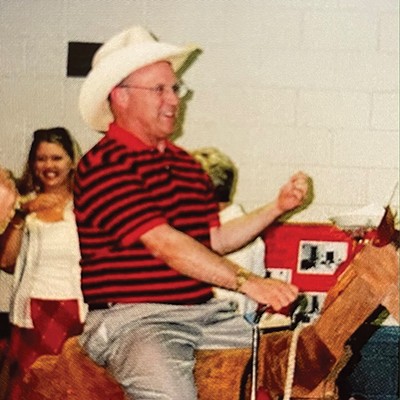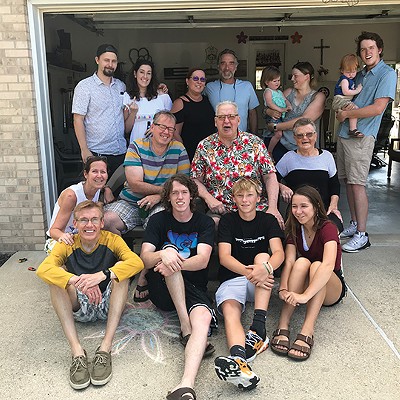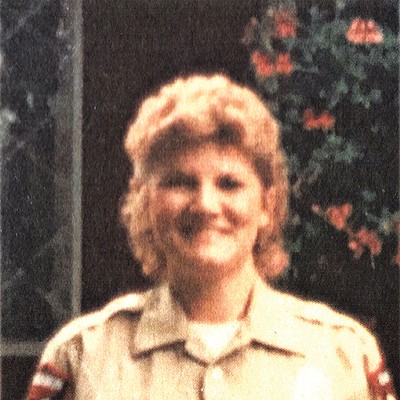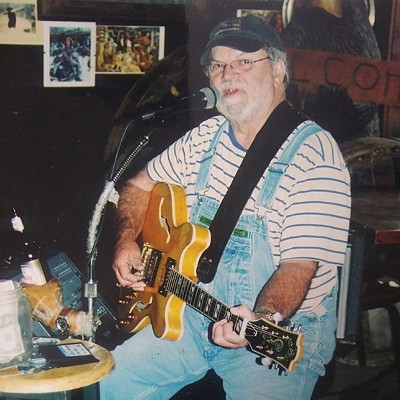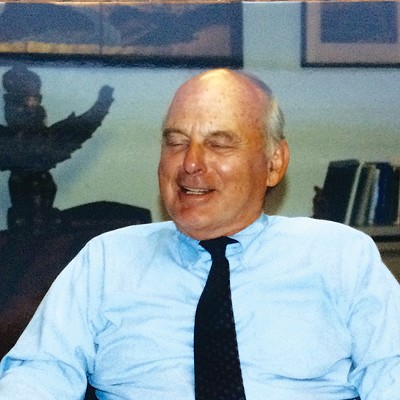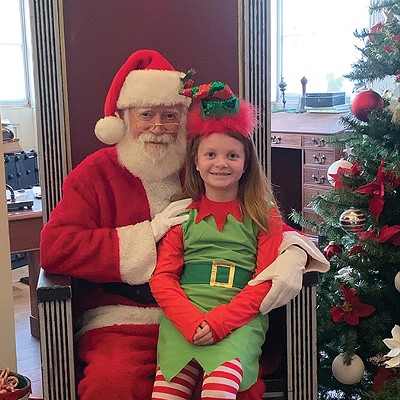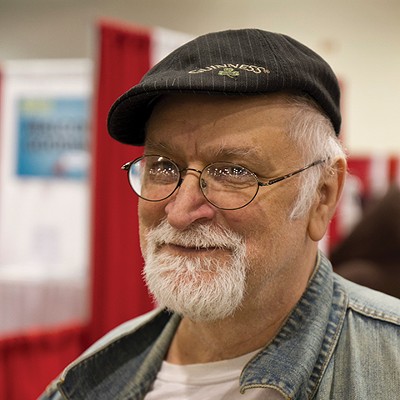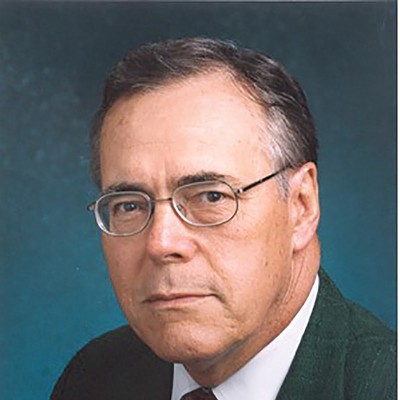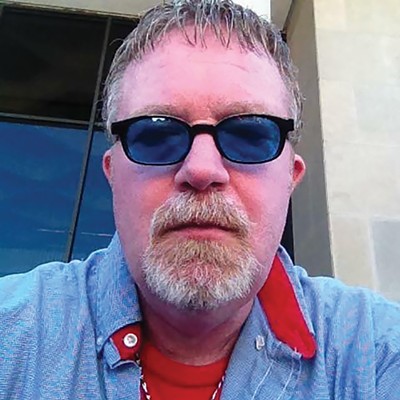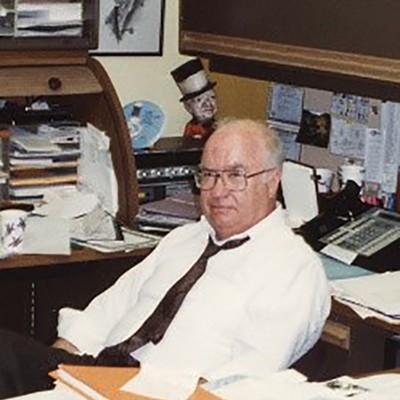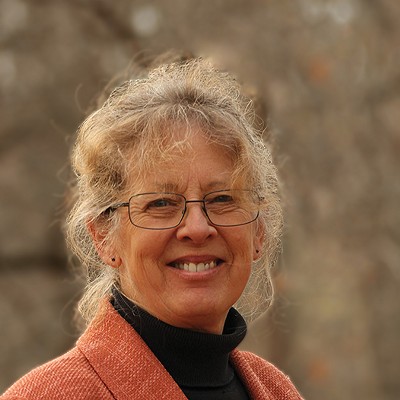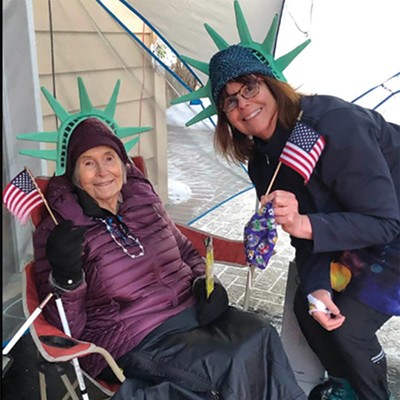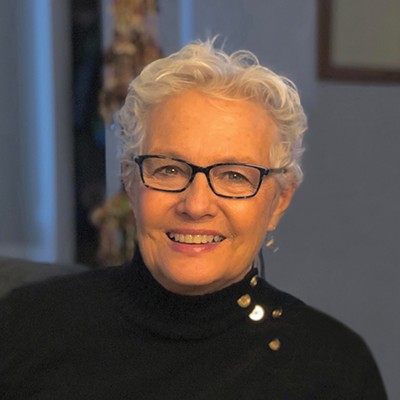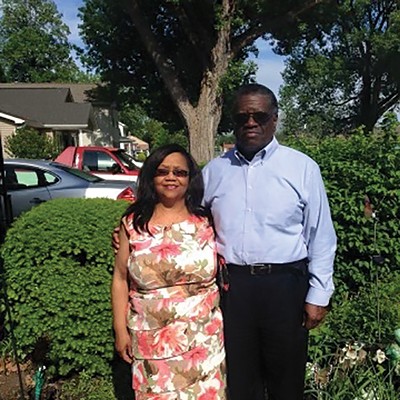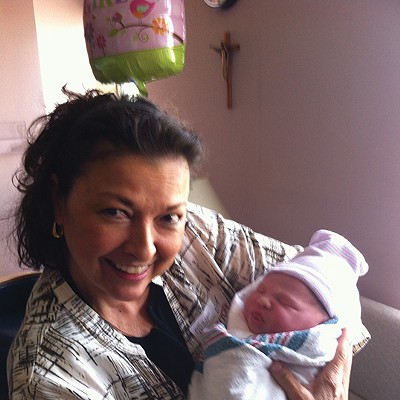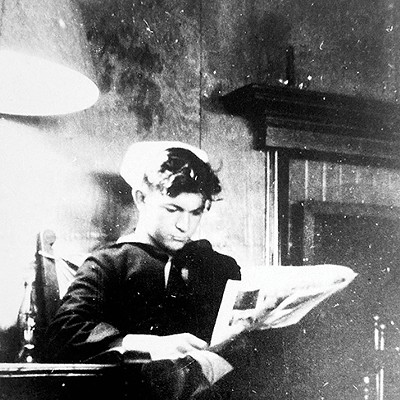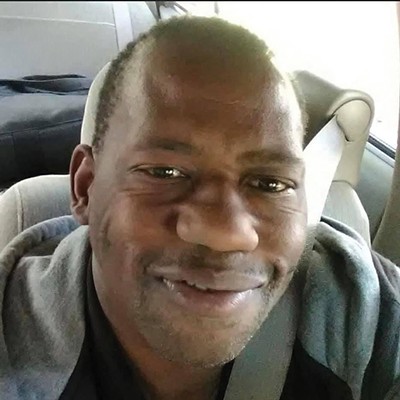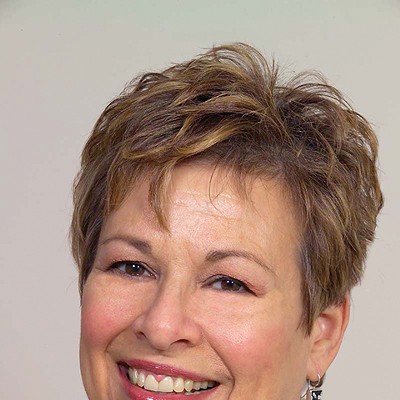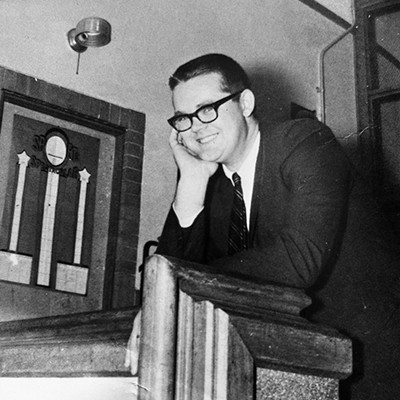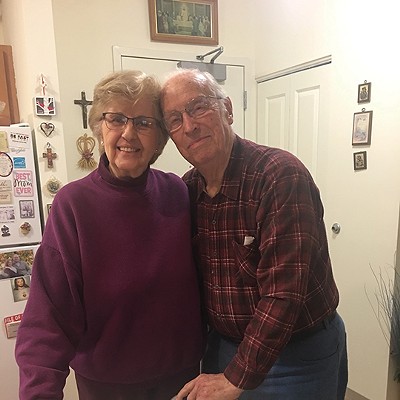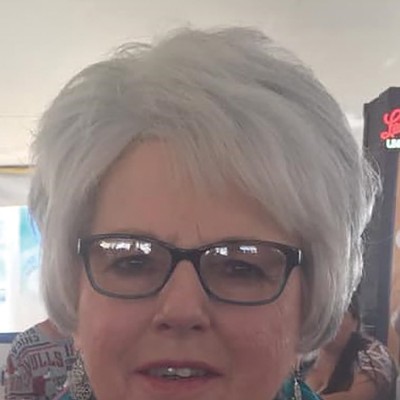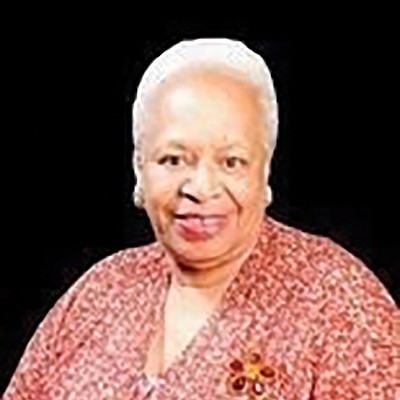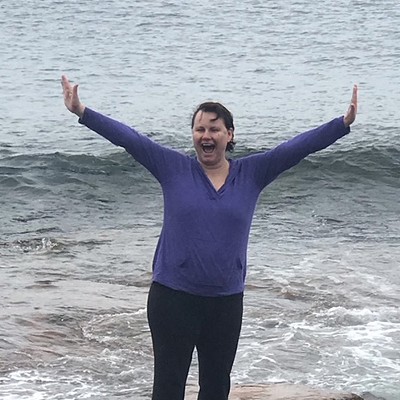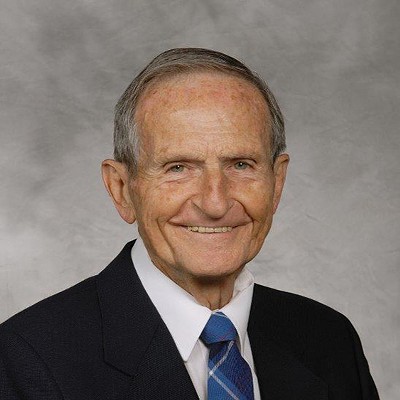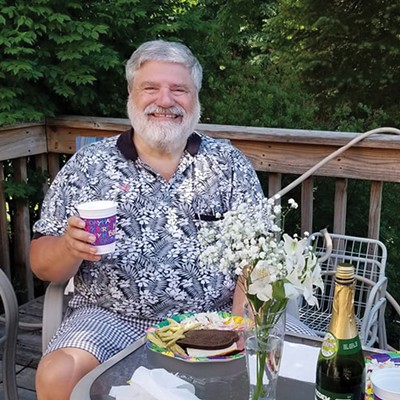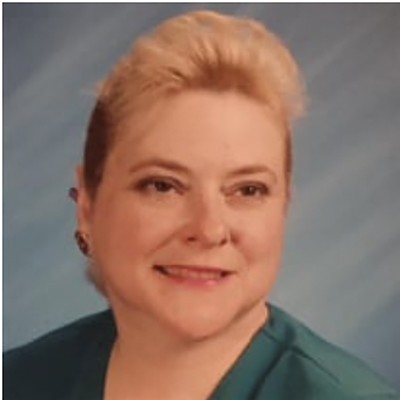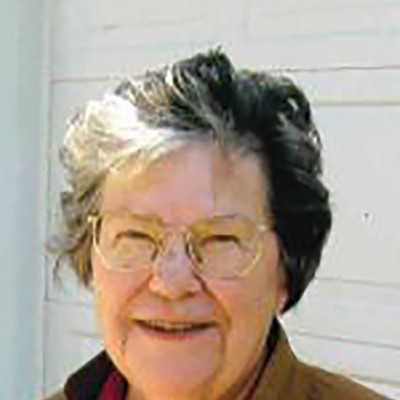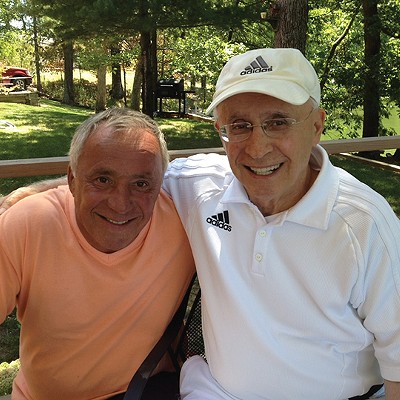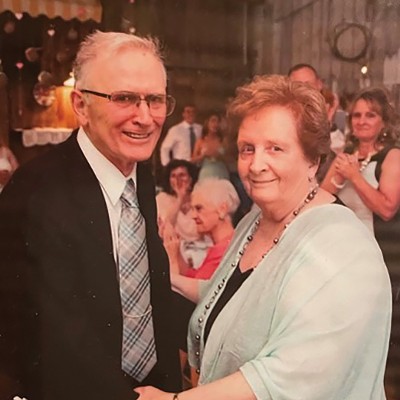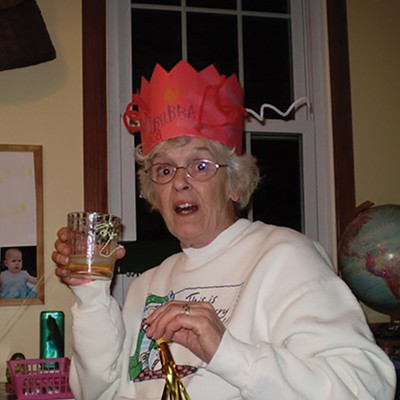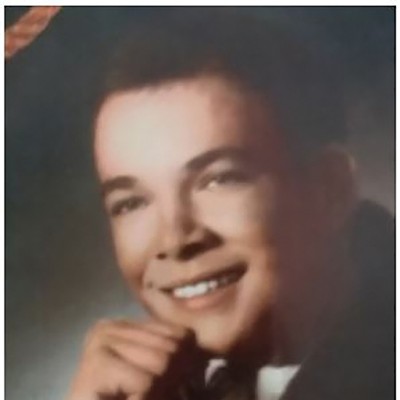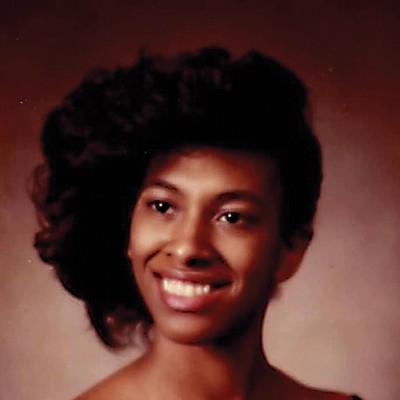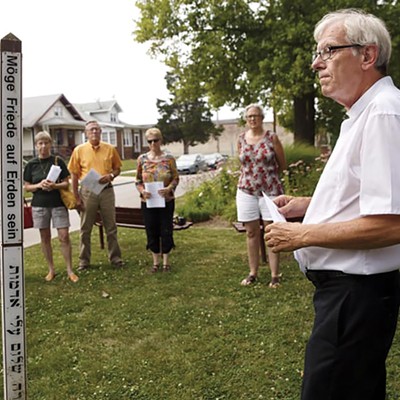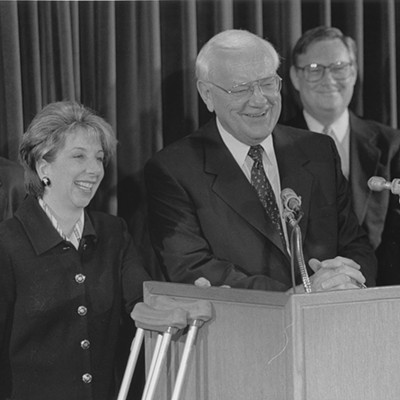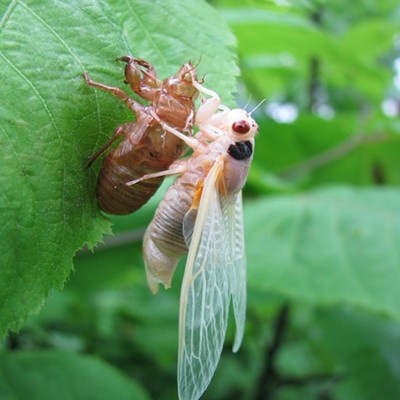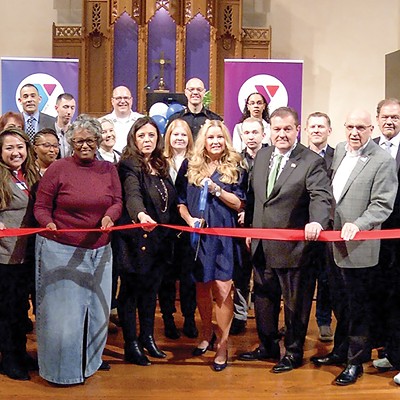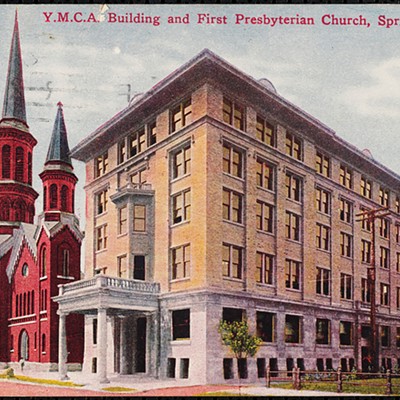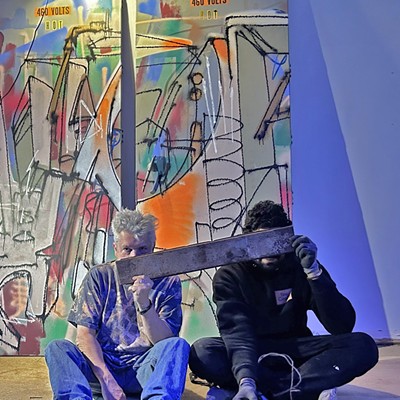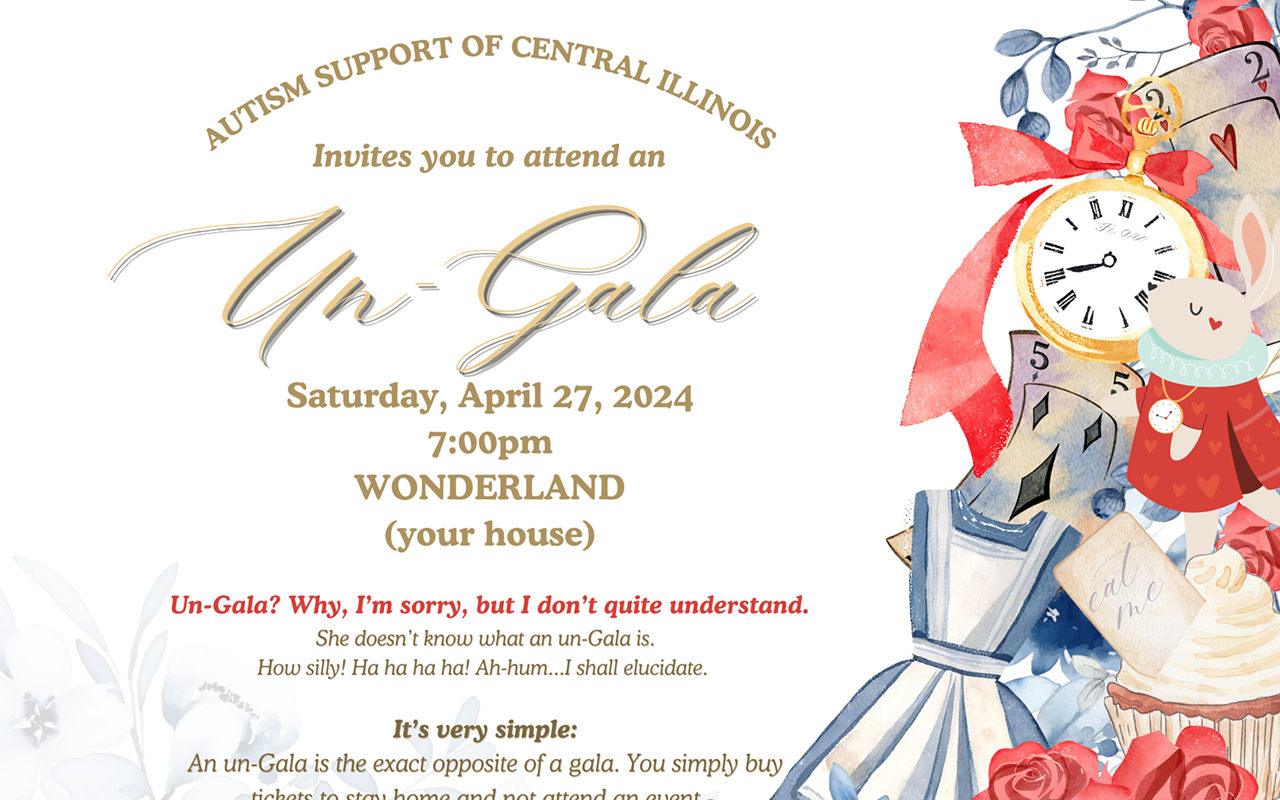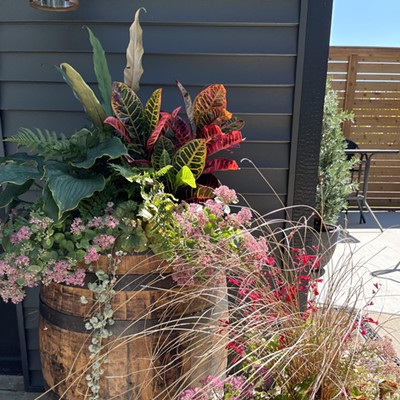Tony Leone was a self-proclaimed ambassador for Springfield with deep roots in the capital city. His parents and grandparents lived their entire lives in Springfield. Tony owned his grandfather's home, which had been in the family for 100 years. Always the entrepreneur, he was developing it into a coffeehouse featuring Springfield memorabilia prior to his untimely death. Tony once said he would die with his boots on; that he did.
Tony grew up in a north-end neighborhood, an ethnic melting pot of blue-collar workers. He lived across the street from St. Aloysius Catholic Church where he went to school. He graduated from the all-boys Griffin High School. There he learned to get along with many different people, which was instrumental in his political career. He stayed local and attended Springfield College and University of Illinois Springfield, earning a degree in economics.
Tony detested urban sprawl, lamented the erosion of close-knit neighborhoods and missed the vibrant Springfield downtown he frequented as a child. He bemoaned the demise of the neighborhood of Italian immigrants surrounding his grandfather's home following construction of the Willard Ice Building. It's no wonder he became a champion for Springfield and strong proponent of historic preservation and tourism.
Restoring the Pasfield House near the State Capitol was Tony's pride and joy. He raised community awareness of the significant impact three generations of George Pasfields had on Springfield. Tony transformed the Pasfield House into a vibrant bed-and-breakfast and event venue, filled with books, art and memorabilia relating to Abraham Lincoln, state and local history and politics. Tony hosted Mardi Gras parties, Fourth of July celebrations, political gatherings and culinary events. He loved being innkeeper – his second act following a high-level political career.
For decades, Tony was involved in the inner workings of state and local government. He played important roles on issues related to elections, campaign finance and lobbyist registration requirements that are better understood by those on the inside of government and politics.
Rupert Borgsmiller, longtime director of the State Board of Elections, was an intern when he first met Tony, who was working at the board to implement new requirements for campaign finance disclosure. He says Tony always had an idea to help improve a situation. In the mid-1980s, Tony developed an electronic campaign finance reporting system, which Borgsmiller says was the first of its kind and 10 years ahead of the curve.
Politics was a big part of Tony's life. His mother had a major influence. She was a bookkeeper who for almost 30 years did accounting for the Sangamon County GOP. Tony volunteered for a variety of political campaigns. He was executive director of the Sangamon County Republican Foundation for many years.
In 1979, George Ryan tapped Tony to serve as assistant clerk of the Illinois House of Representatives. When Ryan was elected speaker in 1981, Tony became clerk. Tony continued to serve as assistant clerk from 1983-1992. Ryan and Tony developed an undying friendship. As secretary of state, Ryan appointed Tony director of the Index Department, overseeing administration of public disclosure laws, including campaign financing, lobbyist registration and reporting and governmental ethics.
Tony was chair of the Sangamon County Board of Review, State Property Tax Appeal Board and Springfield Rules and Regulations Review Commission. He founded Leone & Associates lobbying firm in 1995. He was involved in the early years of the Abraham Lincoln Presidential Library and Museum and served on the Historic Preservation Agency Board. Tony was a powerful voice on issues he cared about deeply. Not everyone agreed with him, but that was never a deterrent for Tony.
Tony valued his lifelong friends. "Tony was a good friend, which is hard to find these days," said George Ryan. He talked to Tony several times a week and says he misses him greatly. "If he was your friend, he was your friend," said Ryan.
Borgsmiller, who met Tony through the State Board of Elections, said, "Tony was genuine and always trying to help people."
Frank Giganti, a friend of Tony's since high school, describes Tony as trustworthy, caring, empathetic, loyal and supportive through good times and bad. "The days are a little less bright without him," he said.
Tony was proud to be named the Historic Preservationist of the Year by the Springfield Historic Sites Commission in 2011 and to have the Pasfield House featured on the 2014 annual Springfield City Ornament. He also had fun coauthoring the 2019 book, Springfield's Celebrated Horseshoe Sandwich.
Cathy Cragoe was Tony's devoted partner for more than 20 years. They met at the Illinois State Fair in August 2000. She says Tony was a people person who enjoyed many different interests and touched many lives. They delighted in having international exchange students work at the Pasfield House.
"Tony was a teacher and mentor to them," said Cathy. They enjoyed maintaining a friendship with their first students from Romania.
Cathy always proofread Tony's many letters to the editor and articles. "I found him fascinating. He was also kind, generous and fun. He is a Springfield citizen who loved his town, state and country."
Karen Ackerman Witter knew Tony Leone for over 42 years. She interacted with Tony when she was associate director of the Illinois State Museum and he was involved with the Pasfield House and ALPLM. She first met Tony through her husband, Randy. Tony was an usher at Karen and Randy's wedding in 1979.

